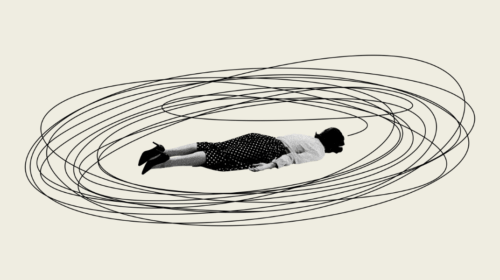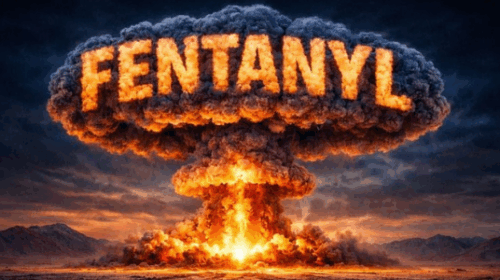Addiction and depression are closely linked. The Substance Abuse and Mental Health Services Administration (SAMHSA) reports that over nine million Americans struggle with co-occurring substance abuse and mental illness, and depression is one of the leading drivers of this correlation. Within the context of comprehensive care, there are multiple therapies used to treat co-occurring addiction and depression, including cognitive behavioral therapy (CBT), dialectical behavioral therapy (DBT), motivational interviewing, and eye-movement desensitization and reprocessing (EMDR). More recently, a therapy called transcranial magnetic stimulation (TMS) has also been shown to be effective in the management of this complex dual-diagnosis disorder. Although the name may sound invasive, TMS therapy is safe, comfortable, and performed by a trained practitioner.
If you or your loved one are struggling with simultaneous depression and addiction, TMS therapy may be a viable therapy to help you manage your condition. Here are some things you should know before getting started.
How Does TMS Therapy Work?
TMS therapy uses electromagnetic fields to stimulate nerve cells in the brain. A device is safely and comfortably placed on the head by a trained and qualified provider who administers the pulses at different levels of intensity. Psychiatrists are generally permitted to perform TMS across various states, including Florida. The specific qualifications and types of healthcare professionals authorized to administer TMS can vary by state. In some states, other healthcare providers, such as general practitioners, physician’s assistants, nurse practitioners, and clinical psychologists, may also be authorized to perform TMS, subject to specific training and certification requirements. A typical prescribed course of TMS lasts for several weeks with five treatment sessions per week ranging from about 20 minutes to an hour.
Your doctor or practitioner will apply focused and repetitive electromagnetic pulses to the specific areas of your brain where depression episodes take root. These pulses impact and influence central nervous system activity to realign neurobiological patterns associated with depressive disorder. The intensity of treatment is determined by locating the motor cortex to determine which areas of the brain will most benefit from the electromagnetic pulses.
TMS doesn’t require anesthesia and it is generally well tolerated as compared to the side effects often seen with medications and electroconvulsive therapy (ECT). Some patients experience minor headaches during and immediately following treatment. In order to be declared eligible for TMS therapy, you must undergo a physical and psychological examination.
How Effective is TMS Therapy?
TMS has proven effective in the treatment of depressive disorder and has the potential for efficacy in the treatment of simultaneous addiction and depression. Data published by Harvard indicates that approximately 50 to 60 percent of people with depression who have tried and failed to receive benefits from medications experience a clinically meaningful response with TMS and around 30 percent of these people experience full or near full remission. Another international study illustrated the promising potential for the application of TMS to treat cocaine addiction. There is also evidence to suggest that therapy can be helpful in the avoidance and mitigation of alcohol relapse. Finally, TMS is also used to treat severe obsessive-compulsive disorder (OCD), a condition commonly linked to early substance use disorder.
Does Insurance Cover TMS Therapy?
TMS is covered by most insurance providers to treat depression and OCD. Talk to your individual provider to figure out what your plan covers. The FDA has cleared TMS as an approved treatment for depressive disorder and OCD as well as for smoking cessation programs, meaning it is likely to be at least partially covered by your insurance company. Recovery Unplugged is in-network with most major insurance providers, including Aetna, Blue Cross Blue Shield of Texas, and more. The scope of your coverage will depend on your individual plan and provider. Recovery Unplugged is standing by to help you conduct a full health insurance verification.
TMS Therapy at Recovery Unplugged
Recovery Unplugged offers professional, safe, and effective TMS therapy in Florida and Texas at our locations in Fort Lauderdale and Austin. Treatment is performed by a trained mental health professional and is non-invasive to give you or your loved one comfort and peace of mind. TMS therapy should only be performed for clients suffering from co-occurring addiction and depression and is not meant as a substitute for bedrock treatment components, like medical detox and rehab. Contact us today to learn more about TMS therapy and what we can do for you or your loved one.























